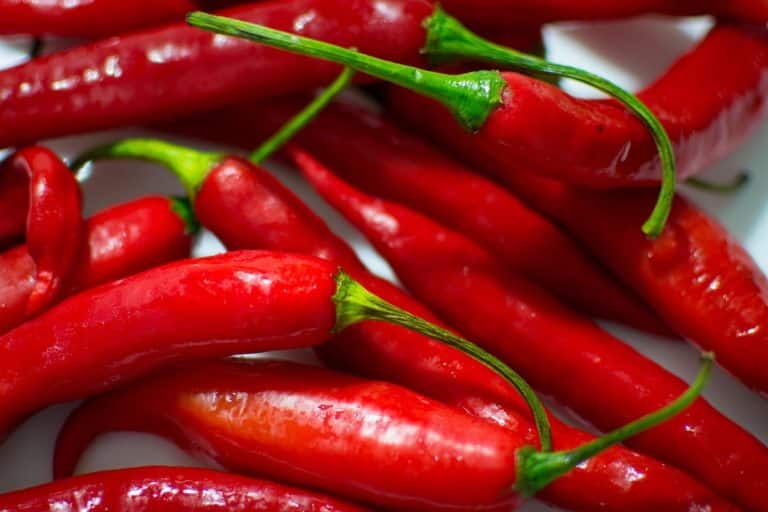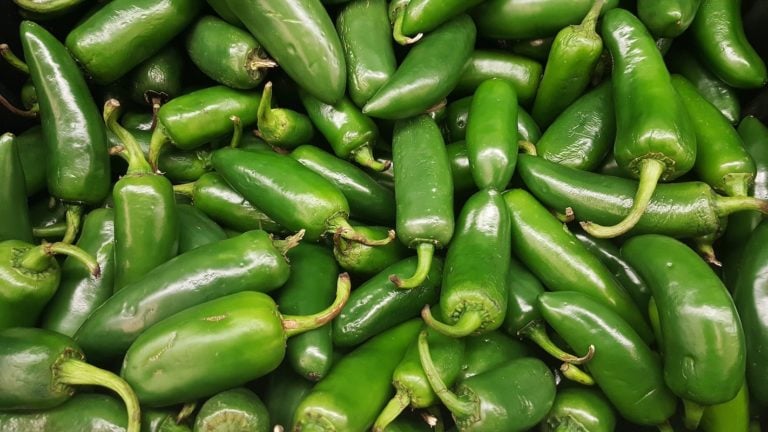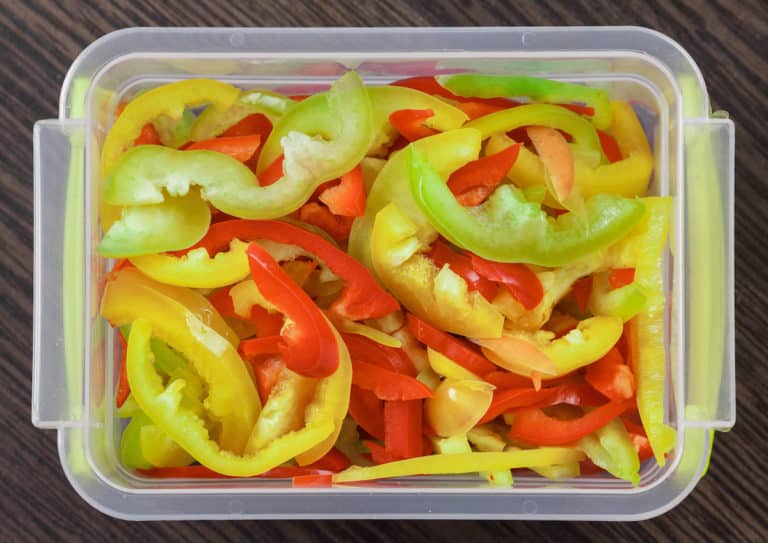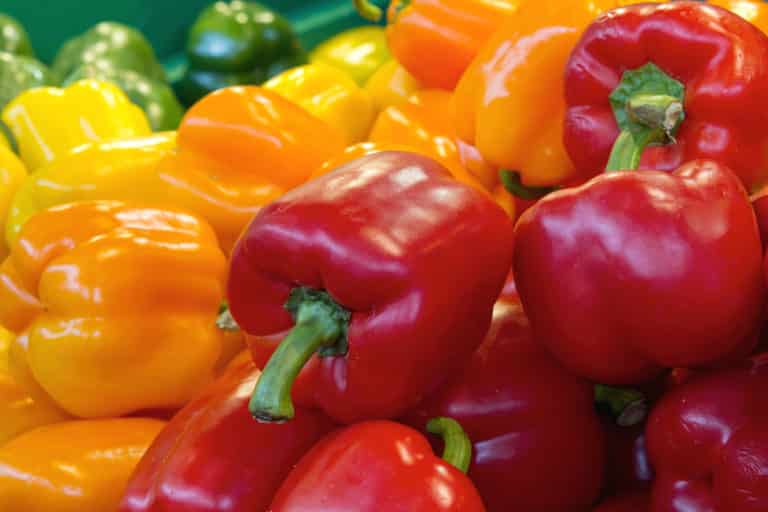Chili peppers are believed to be among the earliest plants cultivated by humans. Their use goes all the way back to the beginning of civilization. Archeological digs have found evidence of chili peppers being eaten as far back as 7,000 BC. Several millennia later, chili peppers would be domesticated. It was around this time that the earliest hot sauces were invented; this shows that humans have a long history of using them as condiments to enhance the flavor and nutritional value of foods. Early hot sauces would have been consumed on early versions of the corn tortilla. They consisted of the peppers along with water and perhaps herbs. In short, the Aztecs are who invented hot sauce.
Fun & Learning
Cayenne Pepper Nutrition: How Healthy Are They?
Cayenne pepper is best known for its ability to increase the heat level of dishes and is prized by lovers of spicy foods the world over. This type of chili pepper is especially popular in Mexican and Mexican-influenced cuisine. However, the cayenne pepper is much more than a mere flavor enhancer. Cayenne peppers provide an array of nutritional benefits along with their heat. Those benefits result from high levels of nutrients and health-improving compounds. Let’s break down why this chili is so good for you.
Jalapeño Nutrition: How Healthy Are They?
Jalapeños are popular in the United States (and around the world) largely because of their moderate level of heat and their relatively mild flavor. But did you know that there’s a lot to be said for jalapeño nutrition as well? These Mexican peppers contain significant amounts of several nutrients that help to improve your health, along with giving your nachos and salsa a tasty spark. Let’s break down the many jalapeño benefits.
Freezing Bell Peppers: A Step-By-Step
Freezing is an important technique for preserving ripe, in-season fruits and vegetables. Bell peppers are among the easiest types of produce to freeze. For starters, you do not need to blanch them before you freeze them, which makes the process a lot easier. You can also use frozen bell peppers in many of the same ways that you use them when fresh; however, remember that they can lose their crispness after thawing. As a result, they are better for cooked preparations rather than raw ones. Add them to your soups, stews, and to chili.
Freezing bell peppers may seem simple, but you will need to follow the right steps to make the process as efficient as possible. The step-by-step below will ensure that the peppers taste their best after thawing and that they retain both their color and their flavor.
Bell Pepper Benefits: How Healthy Are They?
There are more bell pepper benefits than you may know…
Bell peppers often get less attention among peppers because they do not contain capsaicin, the substance that makes hot peppers hot and that provides a range of cancer-fighting benefits. Despite their inability to make your eyes water, bell peppers do provide their own set of compounds for enhancing health. Their nutrients include minerals, vitamins and a range of antioxidants. These health-boosting compounds are essential for the treatment and prevention of certain serious diseases.
Here are some of the many bell pepper benefits and how they can improve your health:
The Serrano Pepper Planting Guide: A To Zing
Delicious in salsas, sauces, and salads…
Interested in growing a chili with a comparable flavor to a jalapeño, but with a little more kick? Meet the serrano pepper. It has a similar bright, grassy flavor as the jalapeño, but with a little extra spicy punch. It’s perfect for fresh salsas, homemade hot sauces, and spicy salads. Growing serrano peppers – whether in the garden or in containers – is simpler than you may think. Our serrano pepper planting guide is here to get you started.
Anaheim Pepper Planting Guide: A To Zing
Grow a family-friendly bell pepper alternative…
Looking for a substitute for the popular bell pepper in the garden? Anaheim peppers can be just as versatile in the kitchen, with a delicious mild pop of heat. Your next step? Our Anaheim pepper planting guide to start delivering a constant flow of these delicious chilies all season long.
The Pepperoncini Planting Guide: A To Zing
Pickling faves…
If you love some pickled peppers for your sandwiches or pizza, growing pepperoncini brings you one step closer to a constant flow of delicious chilies just ready for brining. Pepperoncini barely nudge the dial on the pepper scale, but that doesn’t stop them from being a chili fan favorite. Best of all, pepperoncini planting doesn’t take a ton of space. In fact, it can even be done via window box gardening. Let’s walk you through the steps.
The Poblano Pepper Planting Guide: A To Zing
Subtle sizzle in the garden…
Looking for a little pop beyond the bell pepper? Poblano peppers are a delicious gardening option. Their heat level is more sizzle than scorching, measuring half the heat of the mildest jalapeño pepper. It’s very family-friendly, and an excellent chili for stuffed pepper recipes. Let’s jump into what you need to know when growing poblano peppers in your garden.
The Bell Pepper Planting Guide: A To Z
Growing beautiful bells…
The bell pepper may not notch even a tick on the pepper scale, but we all know its deliciousness nevertheless. It’s a staple veggie with a ton of taste and a heck of a lot of versatility. For those looking for a well-rounded garden, growing bell peppers is a must. Let’s walk through what you need to know to begin cultivating these sweet beauties.









